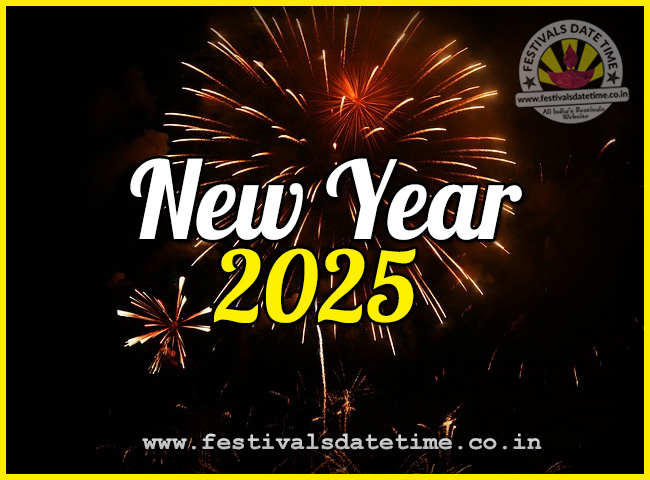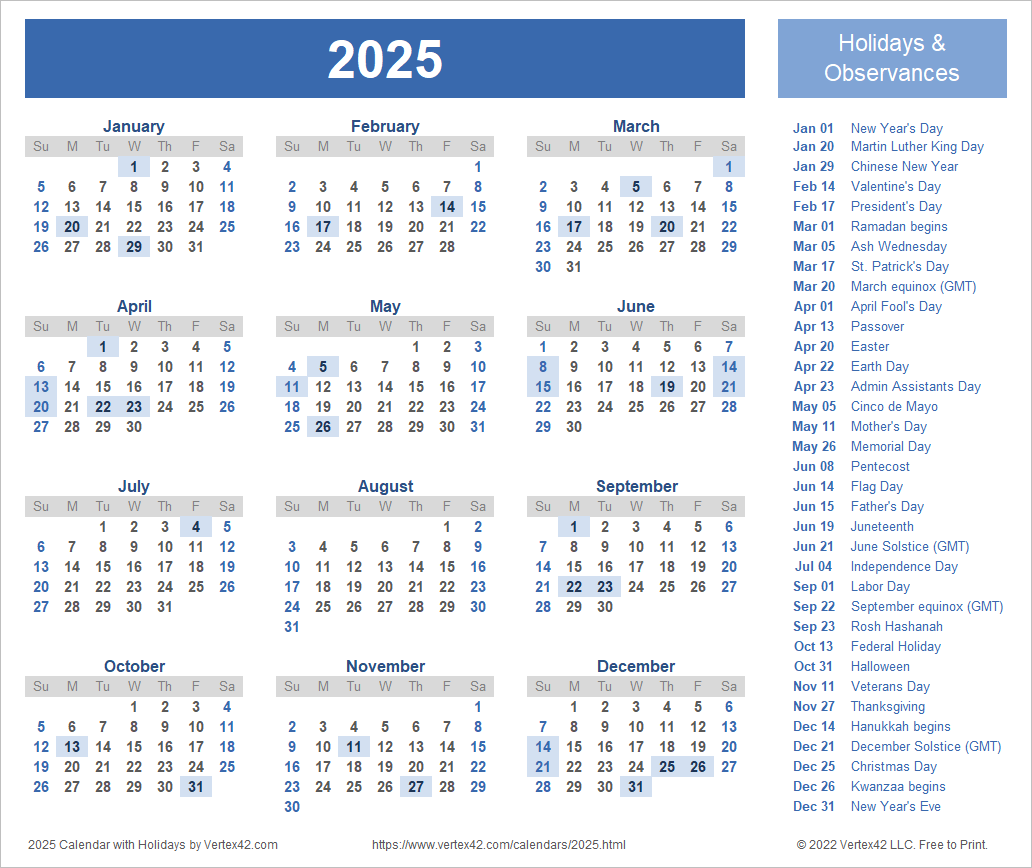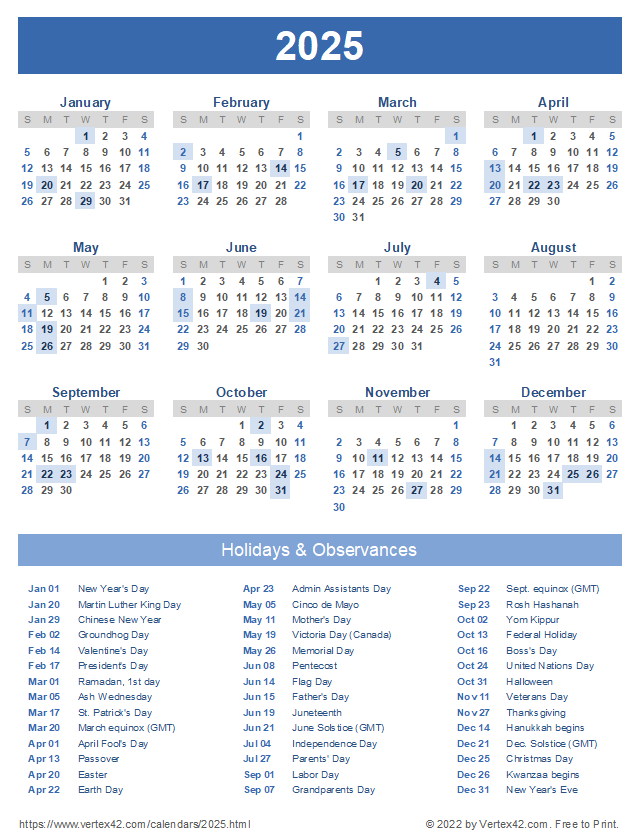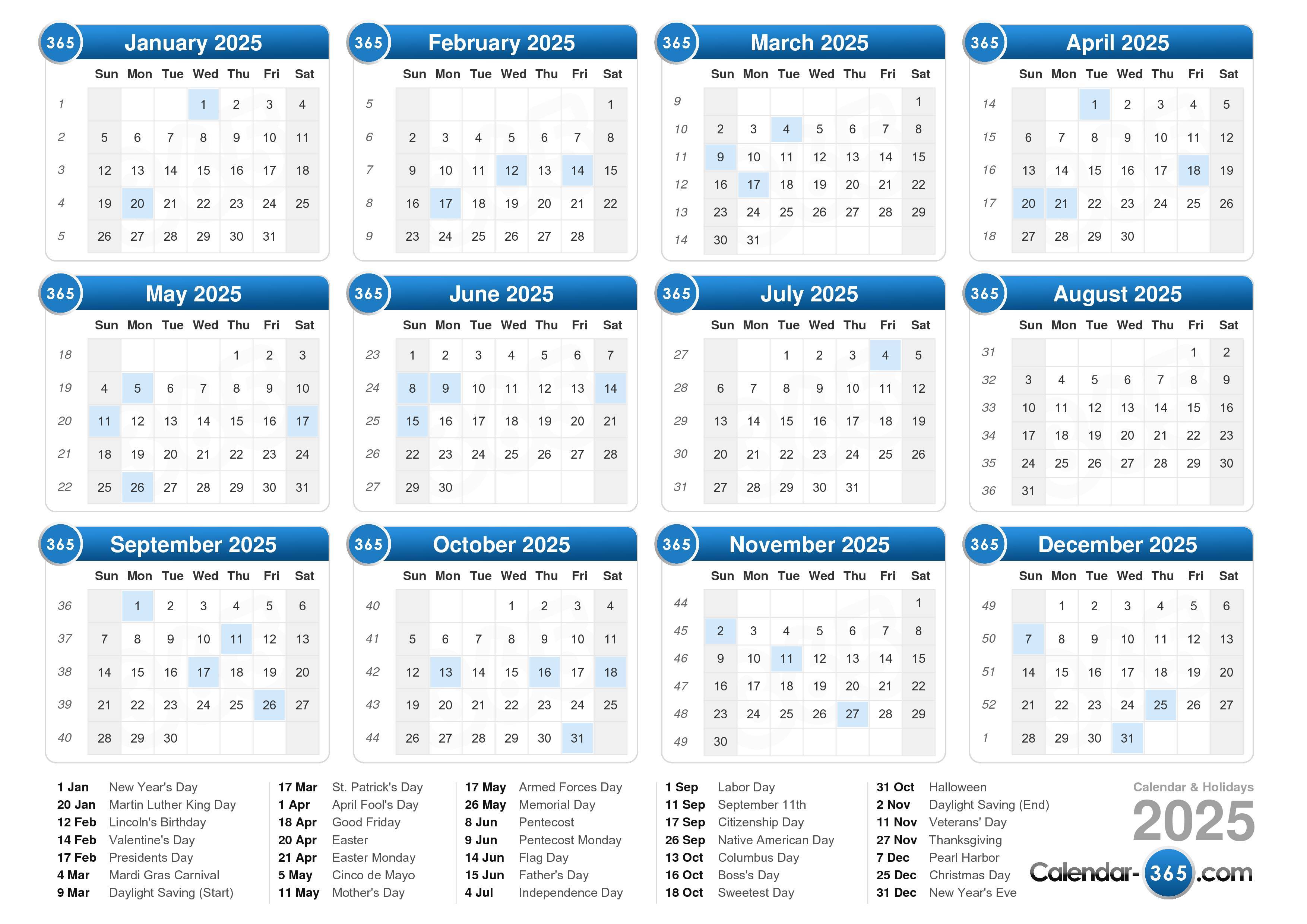e-Calendar 2025 with Festivals
Related Articles: e-Calendar 2025 with Festivals
- Date, Time, And Calendar For 2025: A Comprehensive Overview
- August 2025 Calendar For Printing: A Comprehensive Guide
- Tea Time Calendar 2025: A Journey Through The World Of Tea
- HKUST Calendar 2025: A Comprehensive Overview
- Free Printable Calendar 2025 Monthly October
Introduction
In this auspicious occasion, we are delighted to delve into the intriguing topic related to e-Calendar 2025 with Festivals. Let’s weave interesting information and offer fresh perspectives to the readers.
Table of Content
Video about e-Calendar 2025 with Festivals
e-Calendar 2025 with Festivals

Introduction
The e-calendar has become an indispensable tool in today’s digital age, providing a convenient and efficient way to manage appointments, events, and reminders. In addition to its practical functionality, e-calendars can also be customized to include festivals and holidays, making it easier to stay organized and connected with cultural traditions.
This article presents a comprehensive e-calendar for the year 2025, complete with major festivals and holidays from around the world. Whether you’re planning a vacation, coordinating a special event, or simply want to stay informed about upcoming celebrations, this e-calendar has you covered.
January
- New Year’s Day (January 1st): A global holiday marking the start of a new year.
- Epiphany (January 6th): A Christian holiday commemorating the visit of the Magi to the infant Jesus.
- Makar Sankranti (January 14th): A Hindu festival celebrating the transition from winter to spring.
- Pongal (January 14th – 16th): A Tamil festival honoring the harvest and the sun god.
- Australia Day (January 26th): A national holiday in Australia commemorating the arrival of the First Fleet in 1788.
February
- Groundhog Day (February 2nd): A North American tradition where a groundhog is said to predict the weather for the rest of winter.
- Chinese New Year (February 12th): A major festival in China and other East Asian countries, celebrating the start of the lunar new year.
- Valentine’s Day (February 14th): A day dedicated to love and romance, celebrated worldwide.
- Mardi Gras (February 24th): A carnival celebration held in various cities around the world, particularly in New Orleans and Rio de Janeiro.
March
- Holi (March 8th – 9th): A Hindu festival of colors, symbolizing the triumph of good over evil.
- St. Patrick’s Day (March 17th): A cultural and religious holiday celebrated by the Irish and Irish diaspora worldwide.
- Nowruz (March 20th): A Persian festival marking the first day of spring and the start of the new year.
- International Women’s Day (March 8th): A day dedicated to celebrating women’s achievements and advocating for gender equality.
April
- Easter (April 6th – 13th): A Christian holiday commemorating the resurrection of Jesus Christ.
- April Fools’ Day (April 1st): A day of pranks and practical jokes.
- Earth Day (April 22nd): A global event dedicated to raising awareness about environmental issues and promoting sustainability.
- Songkran (April 13th – 15th): A Thai festival celebrating the traditional New Year.
May
- Cinco de Mayo (May 5th): A Mexican holiday commemorating the Battle of Puebla in 1862.
- Mother’s Day (May 11th): A day dedicated to honoring mothers and their contributions.
- Memorial Day (May 26th): A U.S. holiday honoring those who have died in military service.
- Vesak (May 24th): A Buddhist festival celebrating the birth, enlightenment, and passing of the Buddha.
June
- Juneteenth (June 19th): A U.S. holiday commemorating the end of slavery in the United States.
- Father’s Day (June 15th): A day dedicated to honoring fathers and their contributions.
- Summer Solstice (June 21st): The longest day of the year in the Northern Hemisphere.
- International Yoga Day (June 21st): A day dedicated to promoting the practice of yoga and its benefits.
July
- Independence Day (July 4th): A U.S. holiday commemorating the adoption of the Declaration of Independence in 1776.
- Bastille Day (July 14th): A French holiday commemorating the storming of the Bastille in 1789.
- Eid al-Adha (July 29th – 31st): A Muslim festival marking the end of the Hajj pilgrimage to Mecca.
August
- Raksha Bandhan (August 11th): A Hindu festival celebrating the bond between siblings.
- Janmashtami (August 24th): A Hindu festival celebrating the birth of Lord Krishna.
- Onam (August 22nd – 28th): A Hindu festival celebrated in the state of Kerala, India.
- Ganesha Chaturthi (August 31st): A Hindu festival celebrating the birth of Lord Ganesha.
September
- Labor Day (September 1st): A U.S. holiday honoring the contributions of workers.
- Rosh Hashanah (September 18th – 19th): A Jewish holiday marking the beginning of the High Holy Days.
- Yom Kippur (September 27th): A Jewish holiday marking the Day of Atonement.
- Autumn Equinox (September 23rd): The day when the sun crosses the celestial equator, marking the beginning of autumn in the Northern Hemisphere.
October
- Halloween (October 31st): A popular holiday involving costumes, trick-or-treating, and other festive activities.
- Diwali (October 22nd – 24th): A Hindu festival celebrating the triumph of good over evil and the return of Lord Rama to Ayodhya.
- United Nations Day (October 24th): A day dedicated to celebrating the United Nations and its role in promoting peace and international cooperation.
November
- All Saints’ Day (November 1st): A Christian holiday honoring all the saints.
- Remembrance Day (November 11th): A day dedicated to remembering those who have died in military service.
- Thanksgiving (November 27th): A U.S. holiday celebrating gratitude and the harvest.
- Hanukkah (November 28th – December 6th): A Jewish festival celebrating the victory of the Maccabees over the Seleucids.
December
- Christmas (December 25th): A Christian holiday celebrating the birth of Jesus Christ.
- Kwanzaa (December 26th – January 1st): An African-American holiday celebrating family, community, and culture.
- New Year’s Eve (December 31st): A day dedicated to celebrating the end of the year and welcoming the new one.
Additional Features of the e-Calendar
In addition to the comprehensive list of festivals, the e-calendar also offers several useful features to enhance its functionality:
- Customizable events: Users can easily add their own appointments, events, and reminders to the calendar.
- Synchronization: The calendar can be synchronized with other devices, ensuring that all events are accessible from anywhere.
- Notifications: Users can receive reminders and notifications for upcoming events and appointments.
- Shareable links: Users can easily share their calendar with others, making it convenient for group planning and coordination.
Conclusion
This e-calendar for the year 2025 is an invaluable tool for staying organized, informed, and connected with cultural traditions around the world. Whether you’re planning a special event, coordinating a family gathering, or simply want to keep track of important dates, this calendar has you covered. By incorporating festivals and holidays into its design, the e-calendar not only provides practical functionality but also celebrates the rich diversity of human cultures and traditions.








Closure
Thus, we hope this article has provided valuable insights into e-Calendar 2025 with Festivals. We appreciate your attention to our article. See you in our next article!